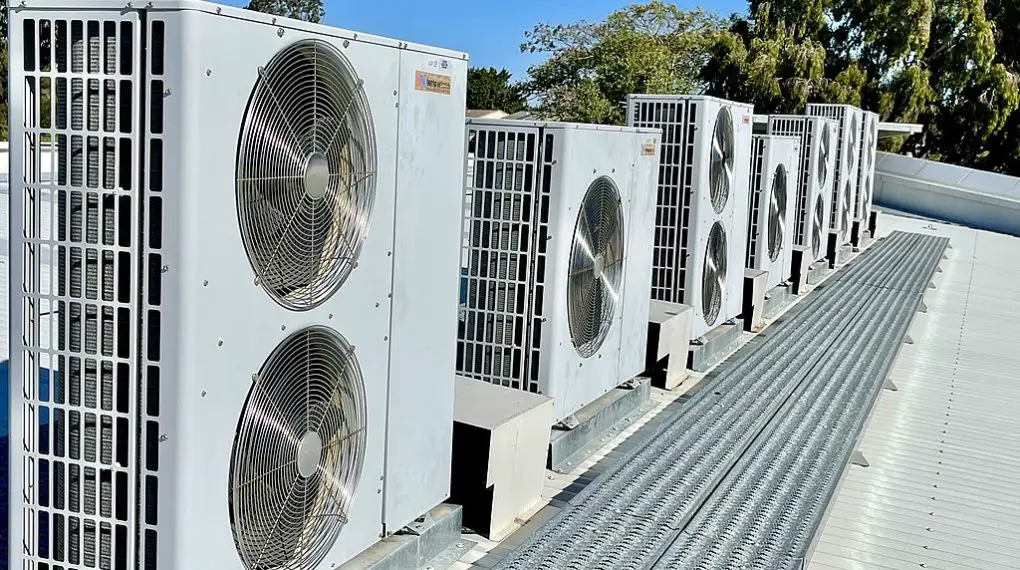When your AC pressure drops when compressor turns on, it can leave you scratching your head in confusion. Understanding this odd phenomenon involves knowing a bit about your AC system’s inner workings. So, let’s decode this issue, step by step, without any of the technical jargon that makes your head spin.

Table of Contents
How the Compressor Affects AC Pressure
Ever thought about what happens when you inflate a balloon? It gets tight, right? The same concept applies to your AC system. When the compressor turns on, it pumps refrigerant, increasing the pressure. So, it’s a bit strange when the pressure drops instead. That’s a classic sign of something being out of whack.
Causes for AC Pressure Drops When Compressor Turns On
Alright, so your AC’s pressure drops when the compressor kicks in. But why does it happen? It’s time to play detective and dive into the common reasons behind this puzzling occurrence. Spoiler alert: the culprits could be lurking within your AC system itself.
Low Refrigerant Levels
It’s like trying to make a cake with half the ingredients; it just doesn’t turn out right. Low refrigerant levels mean your compressor doesn’t have enough to circulate, causing the pressure to drop.
Identifying Low Refrigerant Levels
Here’s a tip: if you see frost on the refrigerant lines or your AC isn’t cooling as it should, you may be running low on refrigerant. A bit like a car running low on fuel, you’ll notice the performance drop!
How to Refill Refrigerant Levels
Remember, refrigerant isn’t like filling up your gas tank. It’s a chemical substance and needs careful handling. If you think your refrigerant is low, it’s best to get an HVAC professional involved. They’ll recharge it safely and make sure it’s done right.
Compressor Malfunction
Like a hiccup in the heart, a compressor malfunction can cause pressure drops. It might not be circulating refrigerant properly, and it needs attention ASAP.
Common Compressor Malfunctions
Common issues range from electrical problems to mechanical failures. A motor issue, a blocked suction line, or a faulty valve could be causing the problem. You’re not expected to be an AC whisperer, but knowing these can help you communicate your issue to a professional better.
How to Repair a Malfunctioning Compressor
Compressor issues aren’t your average DIY job. Like a complicated recipe, it’s best left to a pro. An HVAC technician can diagnose and repair the issue, getting your AC back on track.
Leaks in the AC System
Leakage in the AC system can be compared to a leaking pipe. The pressure will drop because the refrigerant is escaping, just like water from a pipe.
How to Detect Leaks in the AC System
If your AC is behaving like a power-drunk refrigerator, cycling on and off, you might have a leak. A professional can use a special detector or UV dye to find it.
How to Repair Leaks in the AC System
Sealing leaks can be as simple as applying a patch or may require parts replacement. Either way, let a pro handle it to ensure it’s fixed right.
Check out these other related articles…
AC Without Compressor: Everything You Need to Know
AC Compressor HSN Code: Your Detailed Guide
Replace AC Clutch Without Removing Compressor: Expert Guide
AC Compressor Low Oil Symptoms: Detect, Diagnose & Resolve
Smell from AC When Compressor is Off: Causes & Solutions
Implications of AC Pressure Drops
Imagine trying to breathe with a pinched nose. Your AC system feels the same with a pressure drop. Its efficiency goes down, performance wanes, and it could even break down. You definitely don’t want to let it slide.
Professional Help for Pressure Drop Issues
When your AC starts acting up, don’t hesitate to call in the cavalry. HVAC technicians are trained for this. They can diagnose the problem, fix it, and give your AC a new lease on life. So, don’t sweat it. Literally!